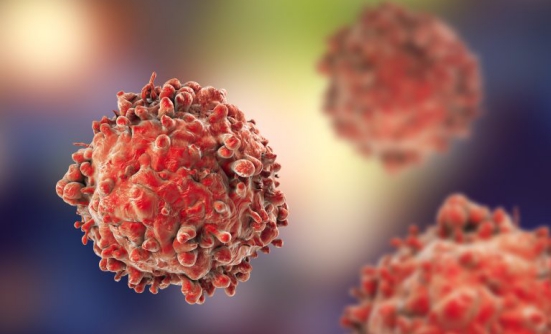In September 2015, the biannual International Myeloma Workshop was held in Rome, Italy, to provide physicians and nurses up-to-date information on new therapies for patients with multiple myeloma. In addition, several new drugs are being investigated for the treatment of patients with multiple myeloma, and their recent or anticipated approval by the FDA will provide patients new treatment options against this disease.
Revlimid. In February 2015, the FDA approved the use of Revlimid (lenalidomide) in combination with dexamethasone (a corticosteroid) for the treatment of patients newly diagnosed with multiple myeloma who have never received any other treatment. Revlimid is an immunomodulatory drug that was initially approved in 2012 for patients who had already received at least 1 treatment for multiple myeloma. The FDA approved this early use of Revlimid after evidence showed that using it as the first therapy extends the time without disease progression.
Farydak. Also in February, the FDA approved Farydak (panobinostat) for patients with multiple myeloma who have received at least 2 previous therapies, including Velcade (bortezomib) and an immunomodulatory drug (such as Revlimid or thalidomide).
Farydak should be used in combination with Velcade and dexamethasone. Farydak is the first FDA-approved drug known as an HDAC inhibitor, which blocks the enzymes that promote the development of multiple myeloma. Empliciti. In September this year, the FDA announced it will expedite its review of Empliciti (elotuzumab), an immunotherapy, for the treatment of patients with multiple myeloma who have received 1 or more previous therapies. If approved by the FDA, Empliciti will become the first immunotherapy (which uses the patient’s immune system to fight cancer) for patients with multiple myeloma.
Daratumumab. Also in September, the FDA announced it will expedite its review of daratumumab for patients with multiple myeloma that is refractory to (cannot benefit from) a proteasome inhibitor (such as Velcade or Kyprolis [carfilzomib]) and an immunomodulatory drug (such as Revlimid), or patients who have received 3 or more therapies, including a proteasome inhibitor and an immunomodulatory drug. Daratumumab is the first anti-CD38 monoclonal antibody for this disease. In 2013, the FDA designated daratumumab as a Breakthrough Therapy, meaning that patients who couldn’t use other drugs could try this new and yet-to-be-approved drug.
Ixazomib. And yet again in September, the FDA announced it will expedite its review of ixazomib, a new-generation proteasome inhibitor. Proteasomes are enzymes that promote cell growth, and drugs that inhibit these enzymes block the growth of cancer cells. If approved, ixazomib will be the first oral proteasome inhibitor for patients with relapsed and/or refractory multiple myeloma. In July, the FDA designated it as a Breakthrough Therapy.
Pomalyst (pomalidomide), which was approved by the FDA in 2013 for patients with multiple myeloma who received at least 2 other drugs, is currently being studied for use in combination with new myeloma drugs and for different stages of the disease.
Marizomib is a new type of proteasome inhibitor, called an irreversible proteasome inhibitor, that blocks several of the proteasome enzymes. Marizomib is being tested in clinical trials of patients who have received at least 2 previous therapies that included Velcade and Revlimid. Marizomib is being studied in combination with Pomalyst plus dexamethasone and also with dexamethasone alone.














